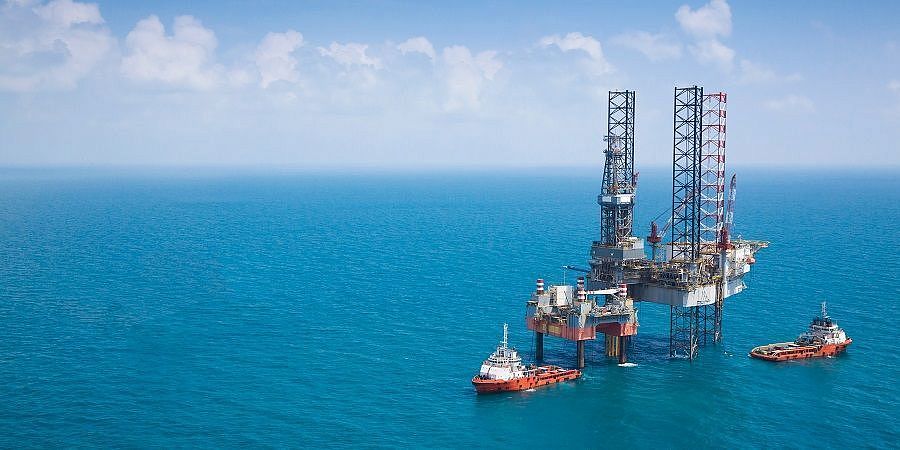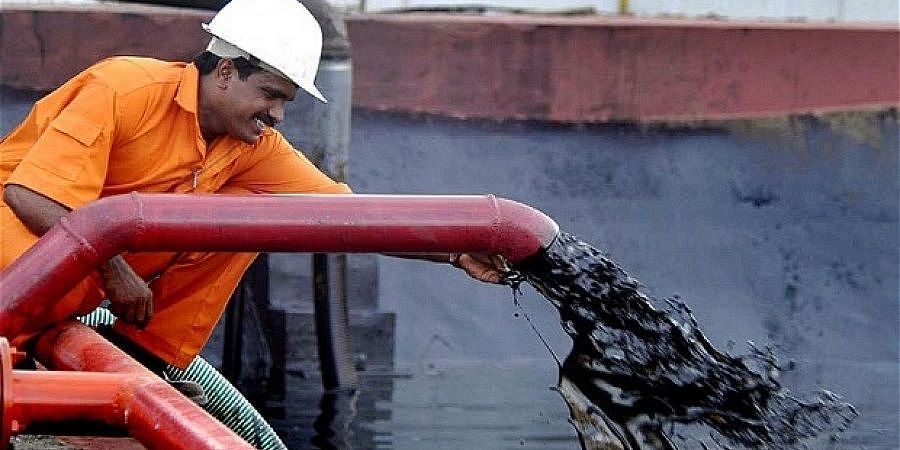Brussels, March 10 - Neftegaz.RU. Commodity prices spiked again in the wake of decisions by the UK and US to cease Russian energy imports, with benchmark Brent crude jumping $5 per barrel following the news, EnergyVoice has reported.
Tonhaugen noted:
- Market volatility is at an all-time high, with prices surging on the expectation that supply will further tighten due to restrictive sanctions on Russian energy from the West
- Traders, analysts and lawmakers should all prepare for prolonged, elevated prices, based on current forecasts
- This is the largest energy crisis in decades and the impact on the world’s most important commodity is going to be unprecedented
- If more Western countries join the US and impose oil embargoes on Russia, it would create a 4.3 million bpd hole in the market that simply cannot be quickly replaced by other sources of supply
Tonhaugen pinted out:
- If 4.3 million bpd of Russian oil exports to the West are halted by April 2022 and where China and India only keep current import levels intact, Brent would need to spike to $240 per barrel by the summer of 2022 to destroy demand
- This collapse would be the largest potential oil supply shortage since the 1990 Gulf War, when oil prices doubled
At the same time, the EU proposed its REPowerEU plan, aiming to remove at least 155 billion m3 of gas consumption, equivalent to the amount imported by the EU from Russia in 2021.
The European Commission said that it would aim to achieve 2/3 of this amount within a year.
The action was also the subject of an IEA paper last week, recommending similar measures.
In addition, the EU sanctioned the potential imposition of windfall taxes on energy to offset rising bills.
Ashley Kelty, senior research analyst for oil & gas at investment bank Panmure Gordon, said:
- This would in fact disincentivise energy companies from investing in securing necessary supplies to meet medium term demand growth
- We doubt that the EU will be able to secure such supplies, and if it can, it will need to outbid other buyers around the globe
Kelty added:
- This is in theory a good idea, but the unintended effect will be to smooth the forward curve to reduce seasonality effects – except just at a higher level all year round
- This package of measures are well intentioned, but the Eurocrats in the ivory towers of Brussels don’t appear to realise that this will just ensure that prices continue to remain high for both industrial and domestic consumers across the bloc and may not deliver the populist benefits that politicians crave
Author: Andrew Dykes







